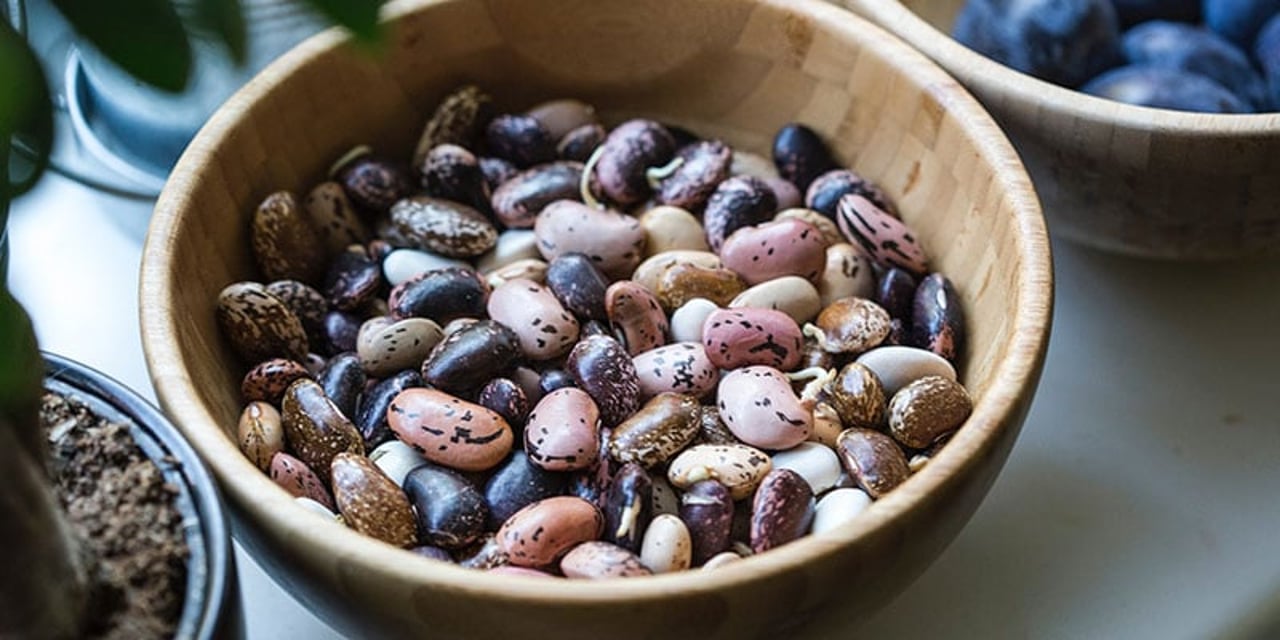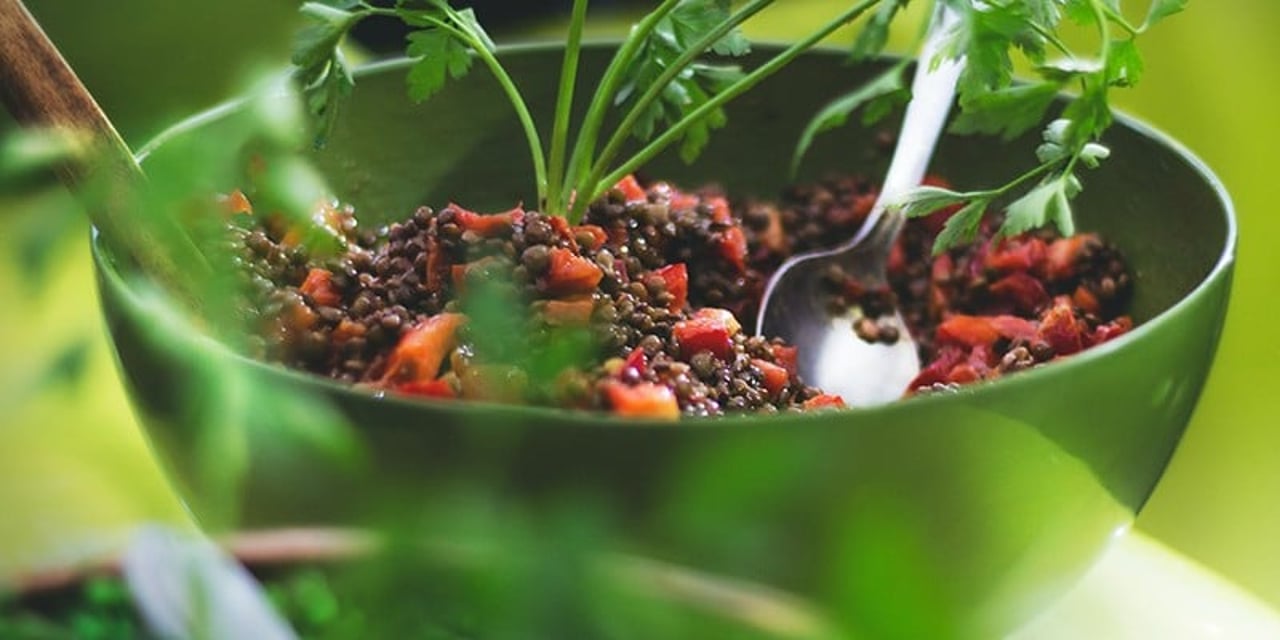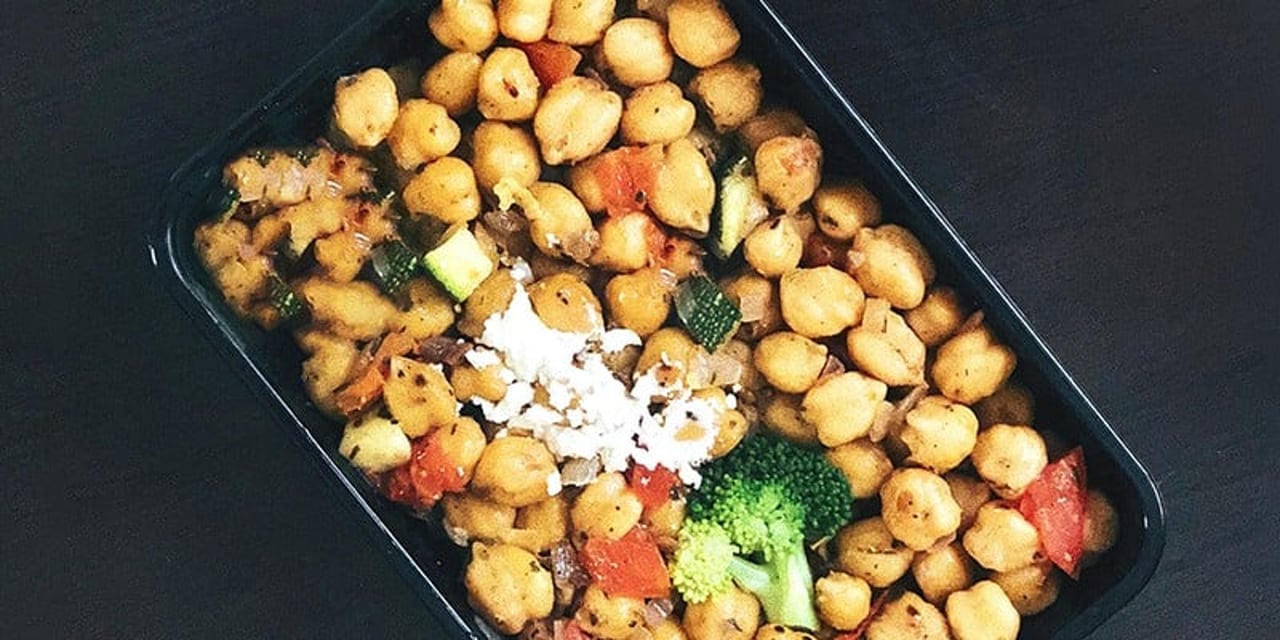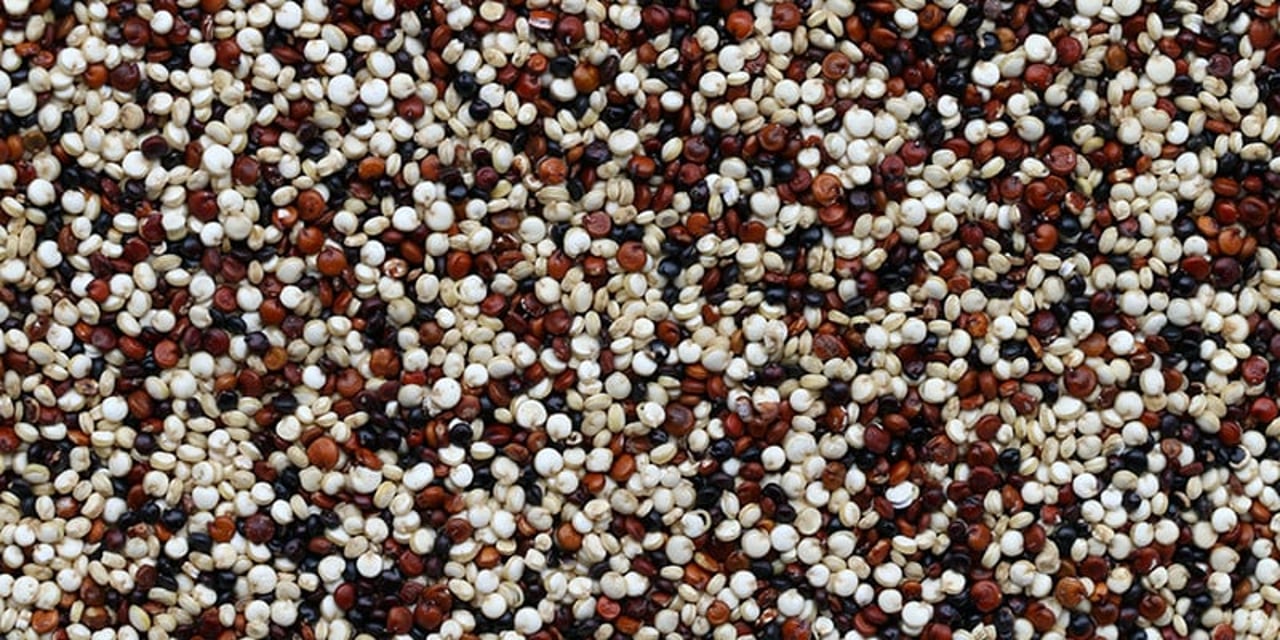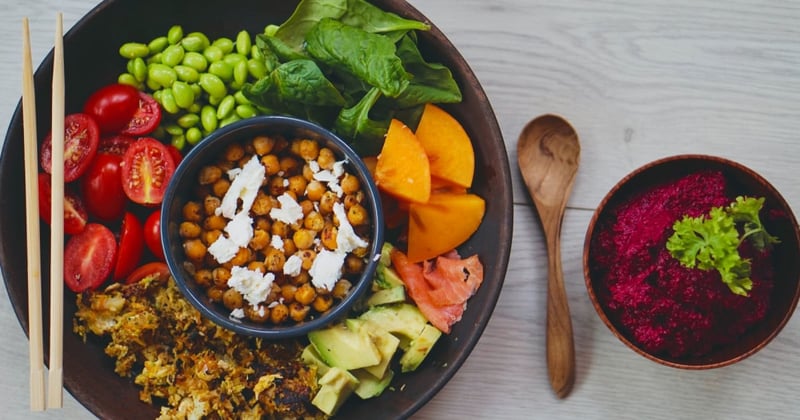
5 affordable sources of plant protein
News
Stay strong and save money by eating more plants.
Protein is important – our bones and muscles need it to function. But is it true that you need to spend extra money to stay fit and healthy while eating less meat?
Spoiler alert! – it’s not. There are plenty of affordable protein sources to maintain a healthy body and stay on budget. Here are five plant-based sources that we recommend incorporating into your daily life:
Black beans
One serving (1/2 cup cooked) of black beans equals 7 grams of protein. Black beans are great because they are rich in fiber and low in fat. Try adding them to your burrito or make a simple rice and beans dish.
Lentils
Known as a superfood, lentils are rich in protein, iron, magnesium, and folic acid. ½ cup cooked equals 9 grams of protein. Studies have also shown that lentils reduce inflammation in the body, reducing your chance of getting cancer. Often sold dried, lentils are inexpensive and superb in chilis and soups.
Peanut butter
Two tablespoons of this easy food packs 8 grams of protein, and it’s easy on the wallet. Enjoy it on toast, or in your porridge with bananas or berries. Delicious!
Chickpeas
Also called “garbanzo beans,” chickpeas supply 7 grams of protein in ½ cup. Roast them for your salad, make hummus and pita chips or add them to a wrap. Eating chickpeas has also been proven to reduce cholesterol.
Quinoa
An excellent substitute for rice, quinoa contains 8 grams of protein in 1 cup with only 222 calories. It’s also gluten-free and is known as a complete protein, containing adequate amounts of all nine essential amino acids. While quinoa might seem expensive, a bag can go a long way!
Stay healthy, help animals
In addition to saving money, eating plant-based foods also helps animals! By swapping out animal-based proteins and adding more plants, you’ll help lower demand for cruelly-produced factory-farmed meat. In turn, this will allow a transition to higher welfare production that’s kinder to animals and the planet.
By swapping out animal-based proteins and adding more plants, you’ll help lower demand for cruelly-produced factory-farmed meat
